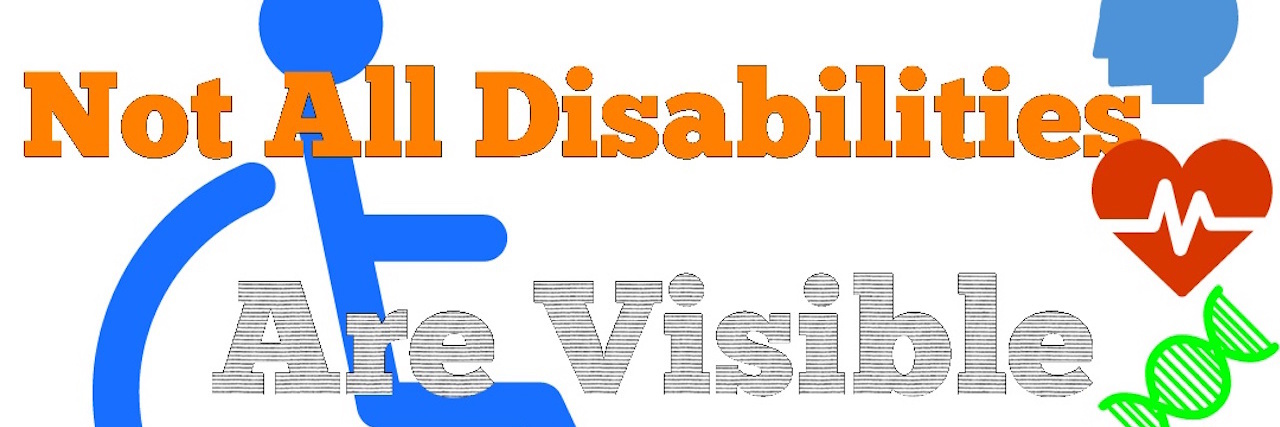The Problem With the Article That Calls Out 'Airport Wheelchair Imposters' for 'Faking' Disability
I recently read an article titled “Airporky: Lazy passengers are FAKING disability to get a wheelchair at airports and speed through security queues,” written by Caroline McGuire and published in The Sun, a UK magazine. This article refers to individuals using wheelchairs at airlines in order to skip the long boarding process and other inconveniences of airline travel. She calls these people “airport wheelchair imposters.” She describes individuals “faking” disabilities, and references instances where such individuals are miraculously able to walk when being disabled isn’t convenient, such as when there are barriers such as stairs.
While I am fully aware that there are dishonest people in the world who will fake having a disability to obtain the “perks” of being disabled, this is an uncommon occurrence. What Ms. McGuire fails to understand is there are millions of people in the world living with invisible illnesses who do require extra assistance with the use of a wheelchair in situations such as air travel. Does this mean they are “faking” their disability? Absolutely not.
The article states that these people are not really disabled because they can get up and walk. I have a rare metabolic disorder that causes neuromuscular disease and mitochondrial disease. It leaves me with significant muscle weakness and fatigue. I can still walk, but not very far. I can stand, but not for long. Does this mean I am faking my disability? It would according to this article. However, I do not need to rent a wheelchair because I have a powered wheelchair approved by and paid for through my insurance because I have a legitimate disability.
There are many people who are not fortunate enough to have their own wheelchair, or whose disability is not so severe to warrant the need for a personal wheelchair. This does not mean they should be looked down upon or discriminated against when they do require the use of a mobility aid. Many people with invisible disabilities do not always require the use of mobility aids. However, because of the varying debilitating symptoms of these illnesses, these people may require the use of a mobility aid in situations when a lot of walking or standing is required, or to help reduce the risk of falls when there are crowds. According to the Invisible Disabilities Association, “To define invisible disability in simple terms is a physical, mental or neurological condition that limits a person’s movements, senses, or activities that is invisible to the onlooker. Unfortunately the very fact that these symptoms are invisible, can lead to misunderstandings, false perceptions and judgments.”
This article is simply perpetuating the prejudices held against individuals with invisible illnesses. All too often, individuals with invisible illnesses are stigmatized as being lazy, or faking their struggles. This stigma oftentimes prevents access to appropriate medical care and other services put in place to help people with disabilities. It can cause isolation and depression for individuals fighting to prove the validity of their needs. Many times it results in self-doubt for individuals living with invisible and undiagnosed illnesses.
We cannot continue to place this burden of proof onto the individuals living with invisible illnesses. Invisible disabilities are real, and more prevalent than people realize. According to Wikipedia, “About 10% of Americans have a medical condition which could be considered an invisible disability. Nearly one in two Americans (133 million) has a chronic medical condition of one kind or another.” According to the UK government, “There are over 11 million people with a limiting long term illness, impairment or disability.” Let’s start validating the concerns of these individuals rather than villainizing them by calling them fakers and opportunists.
There is nothing glorifying about having an invisible disability, and the symptoms of these illnesses are difficult enough to live with. We don’t need to live with the societal stigmas as well. As for the real fakers, I say just let them be. If they think they can obtain extra “perks” by having a disability, they are sorely mistaken. Hopefully they will never truly understand what it is like to have a legitimate disability, and maybe one day they will see the error in their ways. Let’s not continue to shame those who truly need these aids for the sake of a few fakers.
We want to hear your story. Become a Mighty contributor here.

